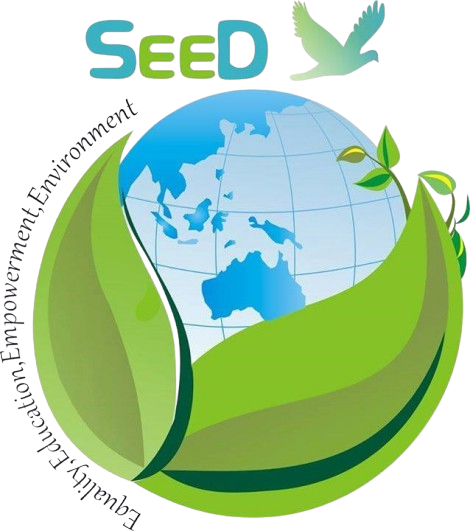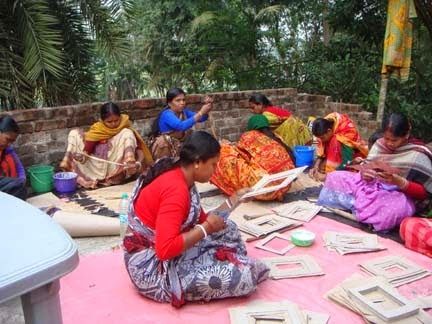In the fragile coastal ecosystems of the Sundarbans, where communities face growing livelihood insecurity due to climate change and environmental degradation, an innovative project by SEED has turned an unlikely resource—water hyacinth—into a source of empowerment and income for hundreds of coastal women.
Launched as an alternate livelihood initiative for vulnerable households, SEED’s Nature Craft Project has successfully demonstrated how sustainable use of natural resources can lead to both economic resilience and ecological benefits.
Reimagining a Nuisance as an Opportunity
Water hyacinth, often seen as an invasive aquatic weed choking the Sundarbans’ rivers and canals, is now a valuable resource for many local artisans. Traditionally discarded by communities, this fast-growing plant was once considered a nuisance, blocking waterways and disrupting fishing activities. Today, thanks to SEED’s initiative, it has become a symbol of creativity, entrepreneurship and hope.
In collaboration with Mr. Prashanta Chowdhury, a renowned nature craft designer, SEED introduced water hyacinth-based craft training to women’s self-help groups (SHGs) in Sagar Island and other coastal villages. The training enabled women to produce a wide range of handcrafted products, including lampshades, photo frames, bags, notebooks, home décor and jewellery boxes—all using eco-friendly materials.
From Pilot to Scale: A Community-Led Success
What began as a pilot project with a small group of 12 women has now grown into a thriving community enterprise. Over the past two years, more than 250 women from multiple villages have been trained and are now earning regular incomes through craft production. Many of these women, who previously relied on unpredictable income from fishing and seasonal agriculture, now contribute significantly to their household earnings.
One of the key strengths of the project has been its low investment model. Since water hyacinth is abundantly available in local water bodies and additional materials such as bamboo and flower petals are easily sourced, artisans can produce high-quality items with minimal costs. The training, which takes approximately six months, has equipped 250 women with the skills to manage the entire production process—from harvesting and drying the hyacinth to crafting and finishing market-ready products.
Building Market Linkages and Recognition
SEED’s Nature Craft products have already gained national and international recognition. Items crafted by the trained women have been showcased at major trade fairs and exhibitions, where they received enthusiastic responses for their sustainability, creativity and cultural appeal. Some products have even found buyers in international markets such as the USA, opening up export opportunities for this grassroots enterprise.
With growing demand, SEED has facilitated partnerships with ethical fashion outlets, eco-product retailers and online marketplaces. The project has also expanded into new product categories such as interior décor, wall paneling and eco-friendly corporate gifts, providing artisans with new revenue streams.
Empowering Women and Strengthening Communities
Beyond income generation, the project has fostered social empowerment. Many participating women, who were once confined to household roles, have gained confidence, leadership skills and financial independence. Some have taken on the role of trainers, helping to scale the model to new villages and mentoring other women.
Families have also benefited from diversified income sources. Youths and men, who are often busy during the day with fishing or farm work, contribute to crafting during evenings. Artistic community members now contribute unique designs and painted elements to the products adding value and appeal.
Environmental Co-Benefits
In addition to the economic gains, the project has delivered clear ecological benefits. By regularly harvesting water hyacinth, communities are helping to keep waterways clear, improving water flow and reducing breeding grounds for disease-carrying insects. The project also promotes a circular economy approach, with zero waste and minimal environmental impact.
Recognizing the potential of water hyacinth beyond crafts, SEED is now exploring its use as an eco-friendly biofuel, given its high hydrocarbon content and potential for biogas production. This could further enhance energy access for remote coastal households.
A Model for Scalable Impact
SEED’s Nature Craft initiative has become a proven model for climate-resilient livelihoods in the Sundarbans. It offers a replicable, community-driven solution that addresses multiple Sustainable Development Goals (SDGs)—from poverty reduction and gender equality to responsible consumption and climate action.
Looking ahead, SEED plans to scale the project to additional blocks in the Sundarbans and other climate-vulnerable coastal regions. Partnerships with corporates, designers and fair-trade platforms will further strengthen the market ecosystem for these eco-friendly products.
Conclusion
From being a discarded weed to becoming a source of dignity, income and creativity—water hyacinth has shown that when communities are empowered with the right skills and support, even the most unlikely resources can drive transformative change.
SEED remains committed to nurturing this growing movement and supporting the coastal communities of the Sundarbans to build resilient, sustainable futures—one handcrafted product at a time.









